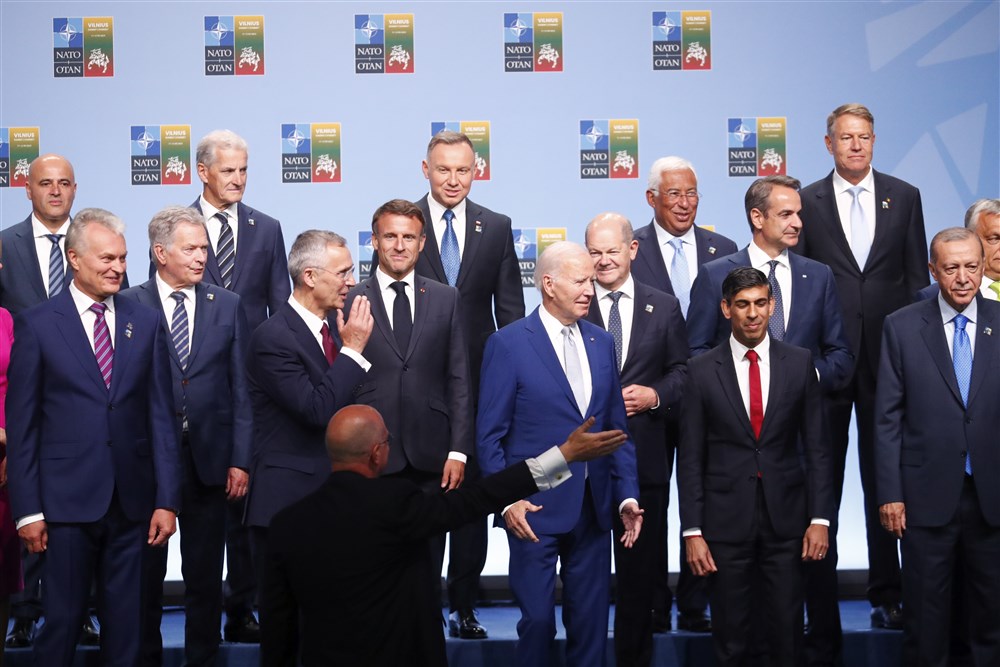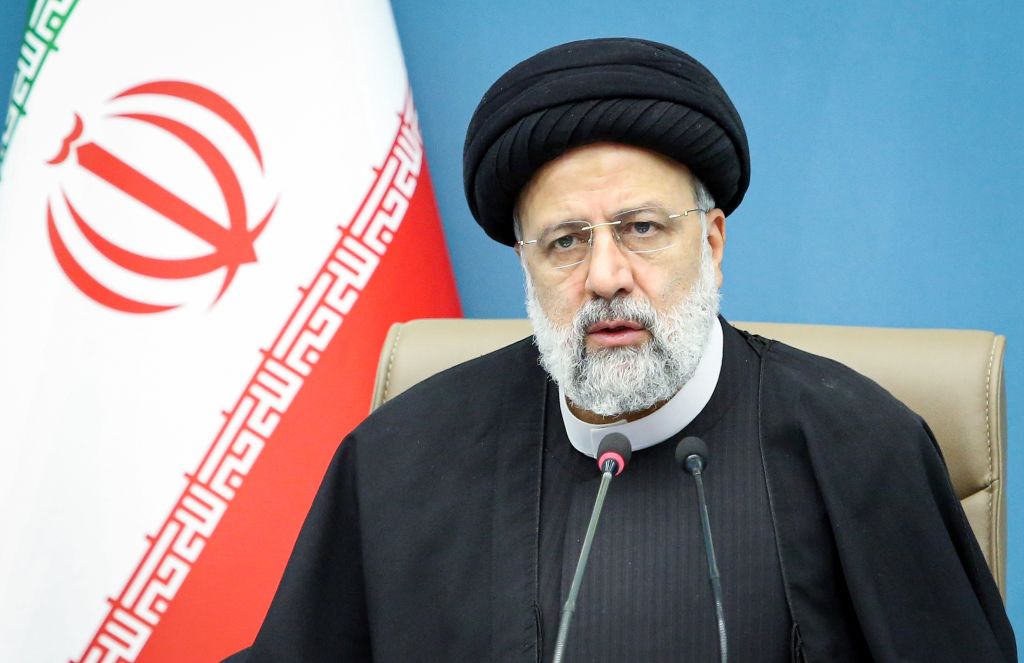India and Brazil are pushing back against a Chinese bid to rapidly expand the BRICS group of emerging markets to grow its political clout and counter the US, officials with knowledge of the matter said.
The countries have raised objections in preparatory talks for a summit in Johannesburg next month where Brazil, Russia, India, China and South Africa will discuss potentially expanding the group to include Indonesia and Saudi Arabia. China has repeatedly lobbied for expansion during those meetings, said the officials, who asked not to be identified as the discussions are private.
Dozens of other nations are also clamouring to join the alliance, fuelling Western concerns the group is moving to become a counterweight to Washington and the European Union.
Brazil wants to avoid expansion partly because of these worries, while India wants strict rules on how and when other nations could move closer to the group, without formally expanding it. Any decision will require consensus among the members who will meet on August 22-24.
India and Brazil want to use the summit to discuss potentially bringing in additional countries with observer status, the officials said. South Africa supports discussing different membership options to accommodate this, but doesn’t necessarily oppose expansion, two of the officials said.
“The BRICS leaders meeting last year authorized the expansion of membership, adding more members to BRICS is the political consensus of the five BRICS countries,” China’s foreign ministry said in a response to Bloomberg.
The meeting aims to showcase the bloc’s goals to establish itself as a serious political and economic force. The group has already discussed the potential establishment of a common currency, although significant progress toward that goal isn’t expected.
The summit comes at a time of heightened tensions between Washington and Beijing, and after South Africa fretted over Russian President Vladimir Putin’s attendance. He’ll participate virtually so South Africa doesn’t have to execute an International Criminal Court arrest warrant for him.
BRICS members have refused to join the likes of the Group of Seven in blaming and sanctioning Russia over its invasion of Ukraine, although the New Development Bank started by BRICS froze Russian projects and Moscow hasn’t been able to access dollars via the bloc’s shared foreign currency system.
Russia does not hold a firm position on expanding BRICS said Fyodor Lukyanov, head of the Council on Foreign and Defence Policy, which advises the Kremlin.
“It’s broadly in favour of BRICS expansion, but without any huge enthusiasm. It’s following the others’ lead. We won’t block any decision.”
Formed officially in 2009-2010, the bloc has struggled to have the kind of geopolitical influence that matches its collective economic reach. Current BRICS members represent more than 42 per cent of the world’s population and account for 23 per cent of global gross domestic product and 18 per cent of trade.
Draft rules for admission to the group were drawn up after India’s opposition to China’s push for expansion, said two Indian officials. The guidelines are expected to be discussed and adopted during the leader’s summit next month, the officials said.
India has put forward the idea that BRICS nations should look to emerging economies as well as democracies like Argentina and Nigeria if they want to expand the group, rather than Saudi Arabia, with its dynastic and autocratic rule, one of the officials said.
India’s Prime Minister Narendra Modi discussed issues with Saudi Arabia’s potential admission with the kingdom’s Crown Prince Mohammad bin Salman last month, the official said. The Ministry of External Affairs in India didn’t comment. Saudi Arabia’s government didn’t respond to requests for comment.
Joining BRICS would bolster Crown Prince Mohammed’s attempts to diversify his nation’s economy, an effort that has bought it closer to Russia and China in recent years. China is the kingdom’s top oil customer, while it relies on relations with Russia for the OPEC+ alliance.
“The Saudis are having their Asian moment right now,” said Saudi analyst Salman Al-Ansari, who said bilateral trade is expected to grow exponentially.
Brazil is working quietly to avoid direct confrontation in the BRICS bloc and resist pressure from China to make it an antagonistic body that challenges the G7, a Brazilian official said. China has reiterated the request for expansion at all preparatory meetings, including two last week which took place virtually, the official said.
Brazil’s proposal is to create “observer” and “partner country” categories. New nations would first move through these categories before being considered for promotion to members, the official said, adding Brazil would support Indonesia in beginning the process.





